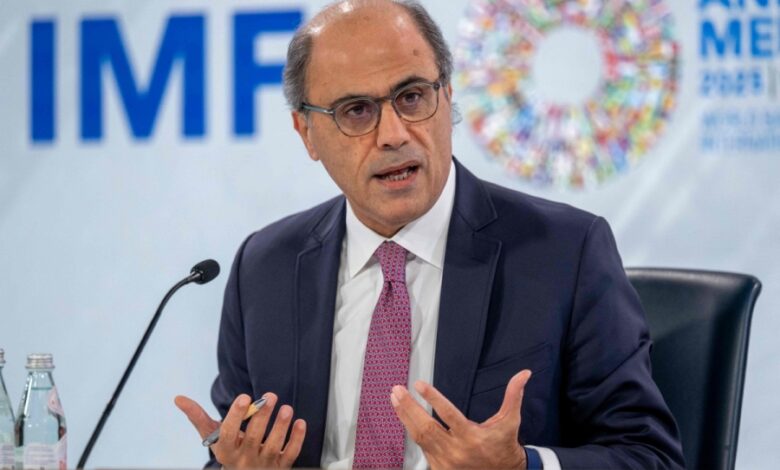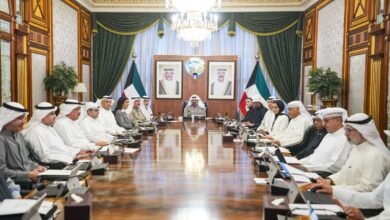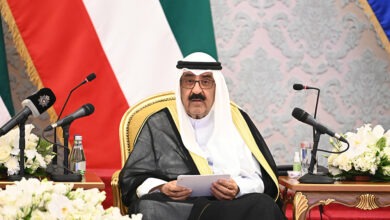
Economic growth in the Middle East and North Africa (MENA) region has accelerated in 2025, defying global uncertainty and heightened geopolitical tensions, according to a report released Tuesday by the International Monetary Fund (IMF).
“Despite the shocks we’ve seen—from trade disruptions to geopolitical tensions, conflicts, and oil price volatility—growth is stronger than it was last year across the region as a whole,” said Jihad Azour, Director of the IMF’s Middle East and Central Asia Department, in an interview with AFP.
In its latest Regional Economic Outlook, the IMF projects that the region’s GDP will grow by 3.3% in 2025 and 3.7% in 2026, surpassing earlier forecasts published in May. The region’s economy was previously expected to expand by 2.1% in 2024.
Azour explained that the Gulf Cooperation Council (GCC) countries have particularly benefited from an increase in oil production, which helped offset lower prices. Meanwhile, other economies across the region experienced recoveries in tourism, industry, and agriculture.
Referring to the ongoing conflict in Gaza, Azour said the region has demonstrated “remarkable resilience in the face of a major geopolitical shock over the past two years,” citing the relative stability of neighboring countries such as Jordan and Egypt.
He described the current ceasefire in Gaza as “an important and welcome development,” though he cautioned that it is too early to assess its full economic impact. “The effect will depend on how far this stability improves the region’s risk profile and whether it leads to reconstruction efforts in Syria, Lebanon, Gaza, and later the West Bank,” he said.
At this stage, Azour noted that key priorities include assessing the damage in Gaza, identifying urgent humanitarian needs, and determining reconstruction requirements in coordination with the United Nations and the World Bank.
He further highlighted that funding needs remain immense in other conflict-affected countries, including Yemen and Sudan, amid a significant decline in international aid.
The IMF’s findings underscore both the region’s economic adaptability and the persistent challenges posed by conflicts, fiscal pressures, and external volatility.













